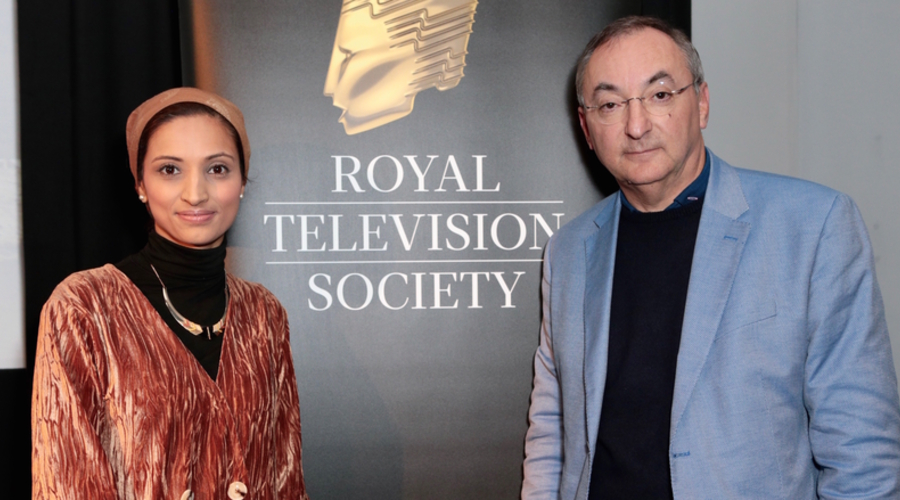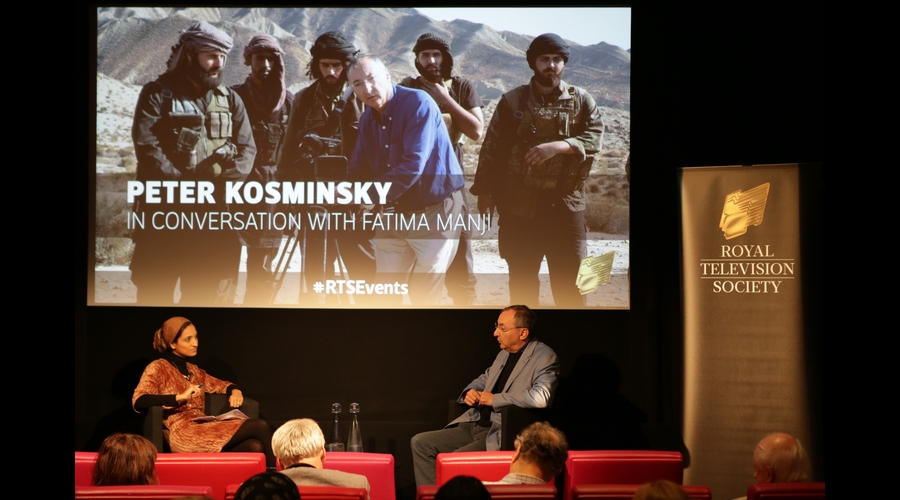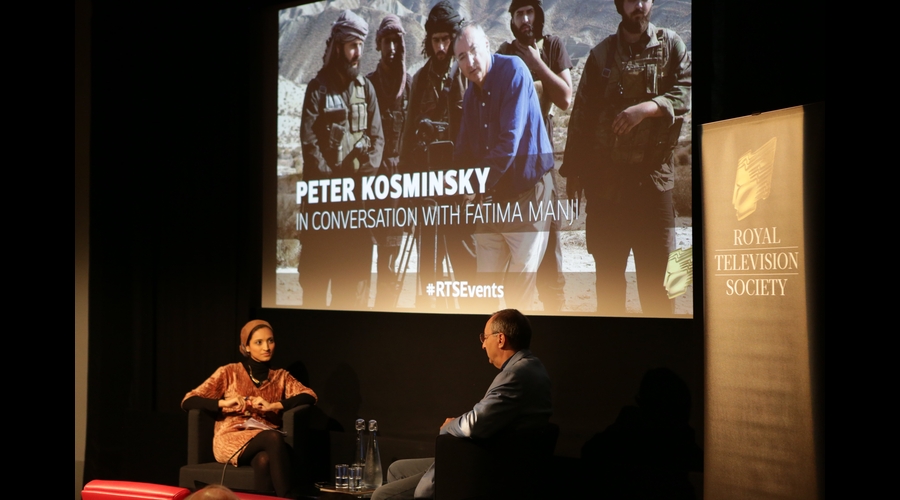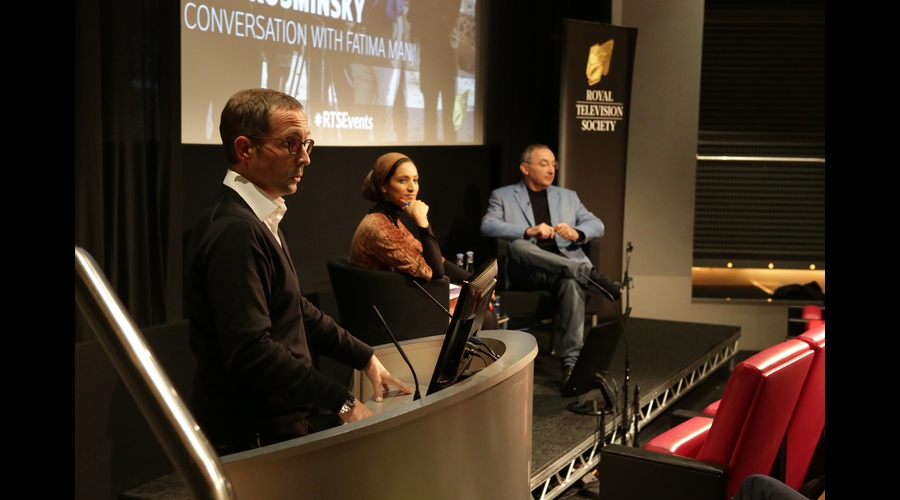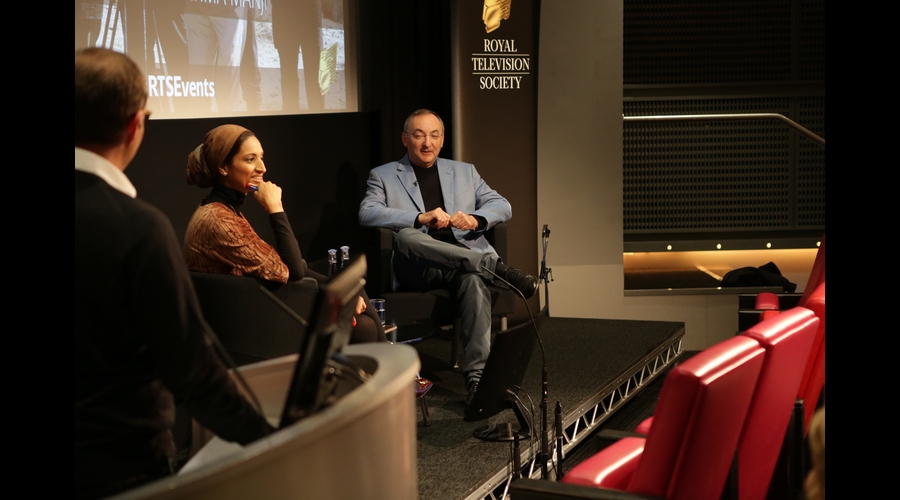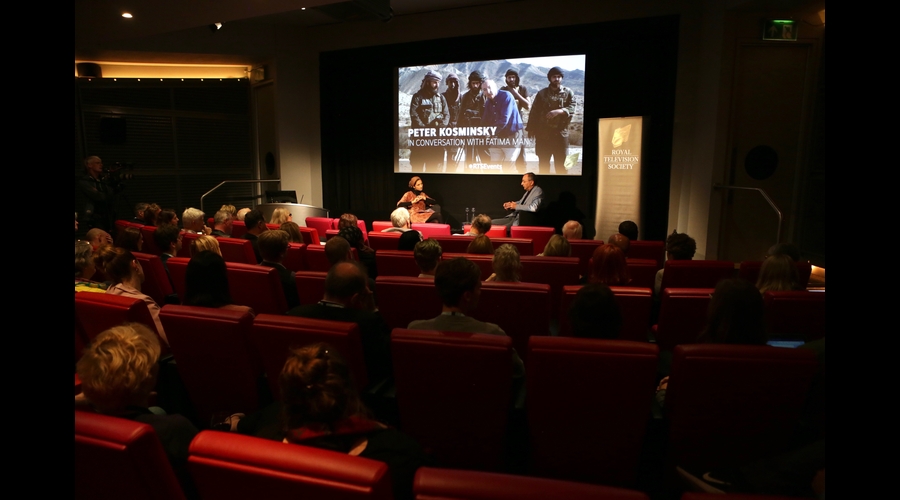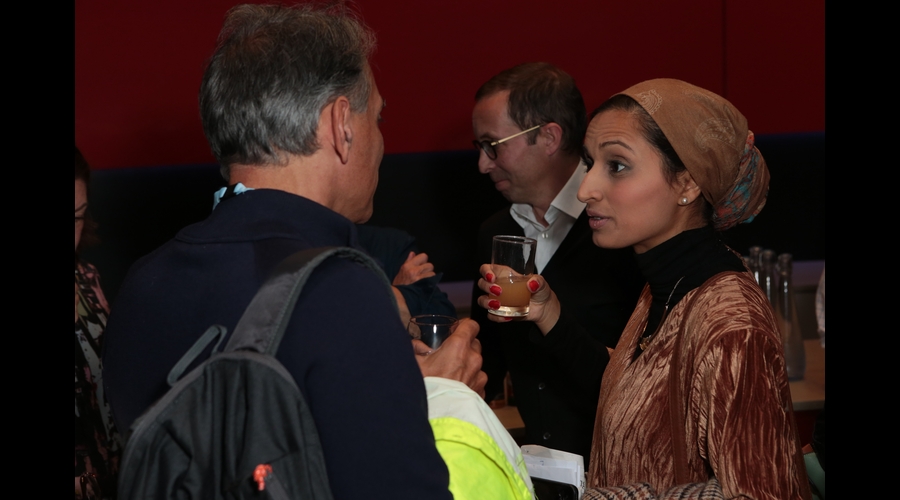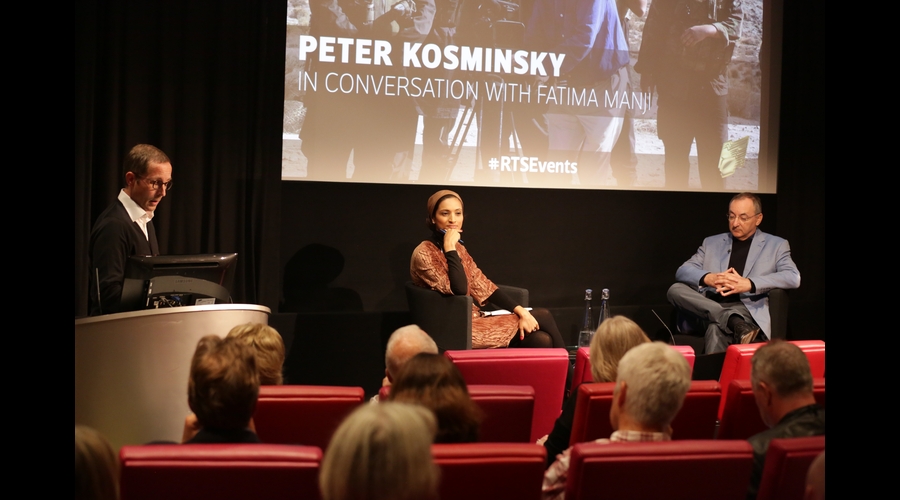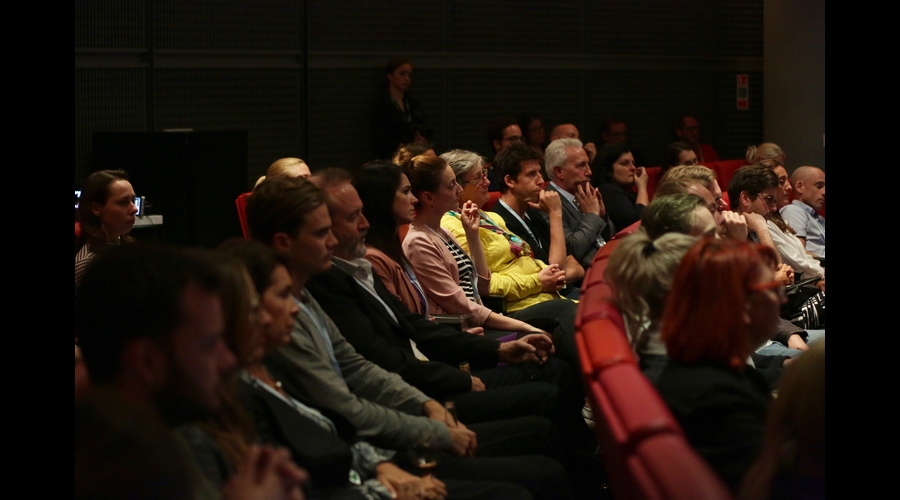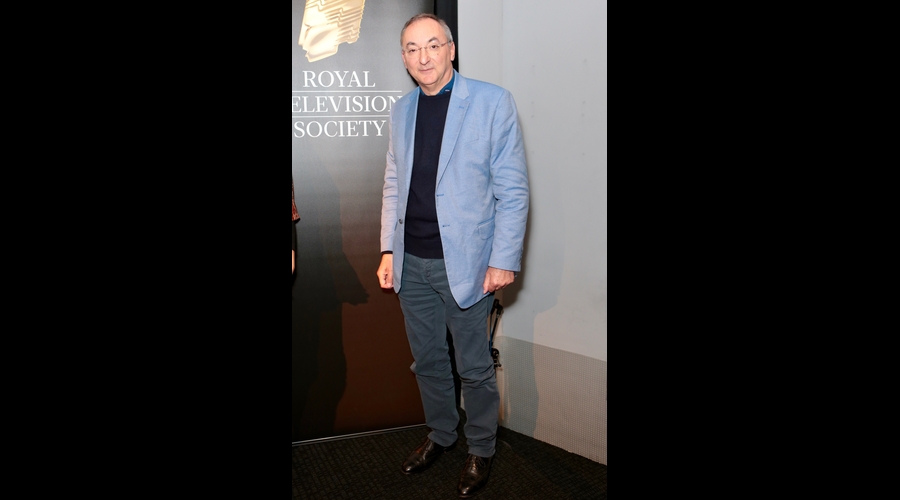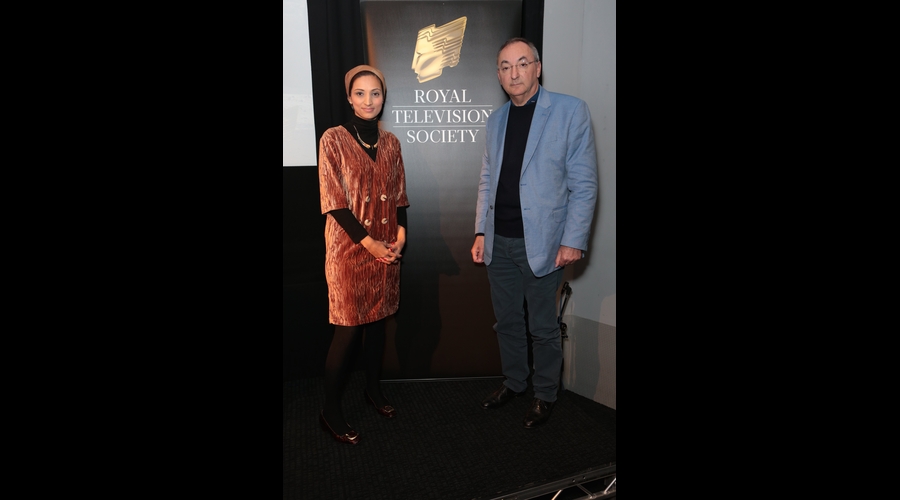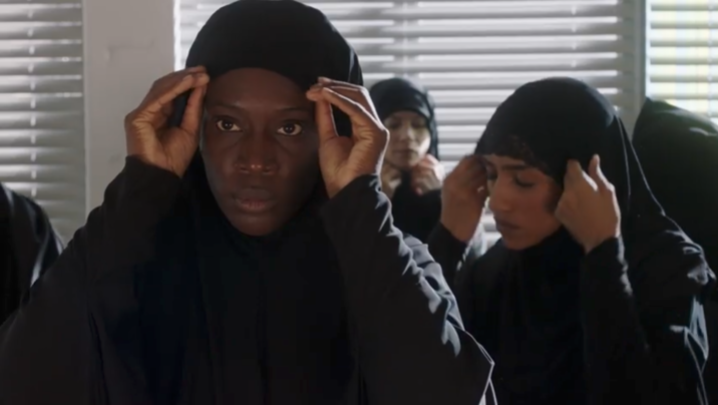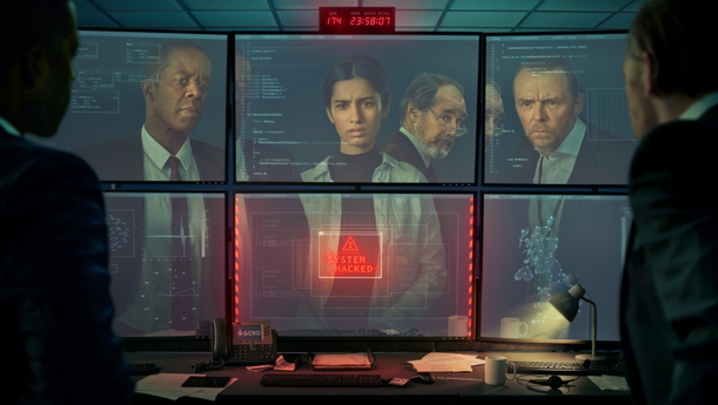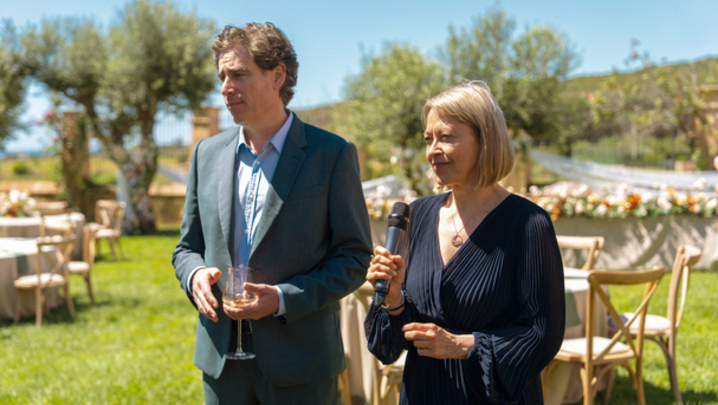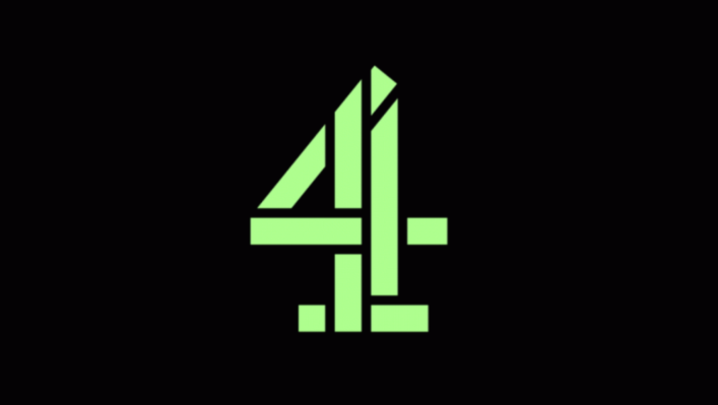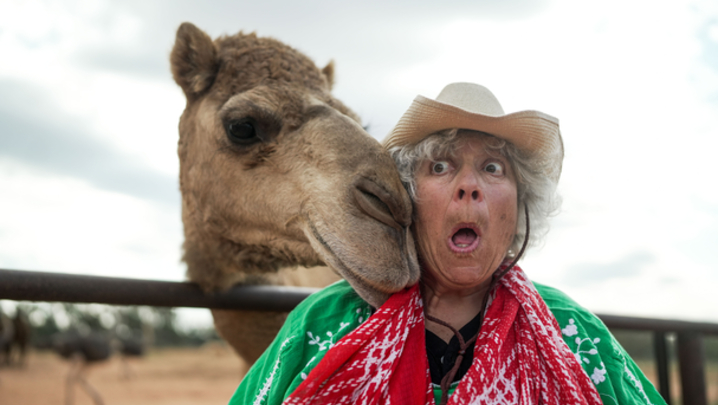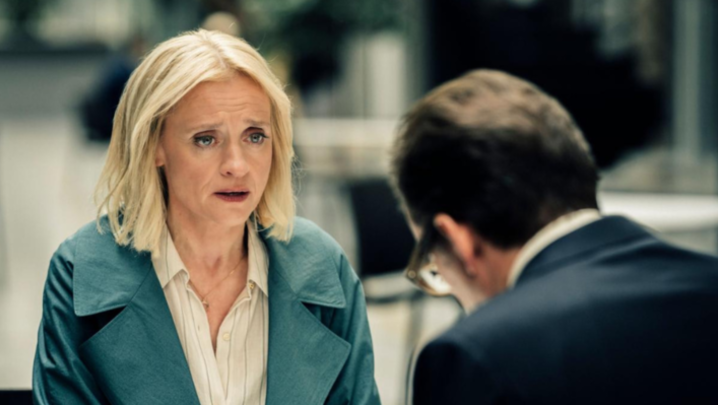Peter Kosminsky – whose latest work, The State, recently aired on Channel 4 – mounted a powerful defence of political drama at a riveting RTS event at the end of August.
The writer-director argued that TV drama, when he entered the industry as a BBC trainee in 1980, “held a mirror up to society.
“I’ve just carried on doing what was prevalent when I started. It’s just everything else that has shifted. It’s like the tide has withdrawn and left me on this little island.”
Kosminsky, who was interviewed by Channel 4 News reporter Fatima Manji, argued that “television is an incredibly powerful medium”. But, he added, “most of the time we use it for escapist tosh.
“I believe that it should be used to ask awkward questions of society.”
The State follows a group of British jihadis who travel to Syria to join Islamic State, but quickly lose their ardour for an organisation that Kosminsky described as a “blood-drenched death cult”.
The idea came from Kosminsky’s interest in “the radicalisation of quite unlikely people”. He continued: “[There were] stories of schoolgirls being radicalised in their bedrooms on their laptops without their parents’ knowledge, but no information at all of what happened once they got to Syria.”
Photos by Phil Lewis
Kosminsky explained that he had a “twin objective” for the four-part Channel 4 drama, which aired over four consecutive nights in late August. “[It is] tempting when these atrocities occur, either in the Middle East or on the streets of some of our cities, [to think] that they [terrorists] are clearly mad,” he said. “Unfortunately, it isn’t true in the main.
“It doesn’t help us to understand what is a very challenging and difficult phenomenon facing our society at the moment. The first thing, and I knew this wasn’t going to be popular, was to try to disabuse [viewers] of this simplistic interpretation that the only reason people do this is because they are insane.”
Second, Kosminsky said that he wanted to write a “cautionary tale” about how quickly the newly radicalised are disabused of their “idealised vision” of an Islamic caliphate when they are confronted with the reality of life in Syria.
Kosminsky explained that The State was the third part of a trilogy (all broadcast on Channel 4) that begun with 2005’s The Government Inspector about the suicide of biological weapons expert Dr David Kelly and the falsifying of evidence to justify war in Iraq, and continued with Britz two years later.
The latter, through the starkly contrasting stories of a brother (an MI5 officer) and a sister (who is recruited as a suicide bomber), examined the experiences of second-generation Muslims in Britain.
“I don’t have any plans to return to this subject again but, who knows?” he said.
The Government Inspector and Britz doubled Kosminsky’s tally of RTS Awards; he had already been honoured for 1990 ITV drama Shoot to Kill and the BBC’s Warriors in 1999. He was made an RTS Fellow in 2006.
The State features composite characters based on Kosminsky’s trademark meticulous research. “I wanted to take four people who were typical of the research and plunge them into this [Islamic State] experience,” he explained.
The drama does not shield viewers from the brutality of Islamic State, but Kosminsky maintained that the reality was far worse. “The stuff I saw you couldn’t get on television,” he said. “If we depicted it as it really was, it would be unwatchable; not only because it would breach broadcasting guidelines, but it would just be relentlessly bloody. There were decapitations and amputations happening in Raqqa Square every day.”
He had tried to find a balance between “making it unwatchable” and offering a “ridiculously anodyne treatment that didn’t acknowledge the fact that we’re dealing with an incredibly bloody organisation”.
Kosminsky said that The State was “the hardest thing I have ever attempted” in a television career spanning four decades.
“If you watch those [Islamic State] videos and also read some of the testimony,” he continued, “the images that were conjured in my head will never leave me.”
The RTS early evening event, “Peter Kosminsky in conversation with Fatima Manji”, was held at Channel 4 in central London on 30 August and produced by Sally Doganis.

